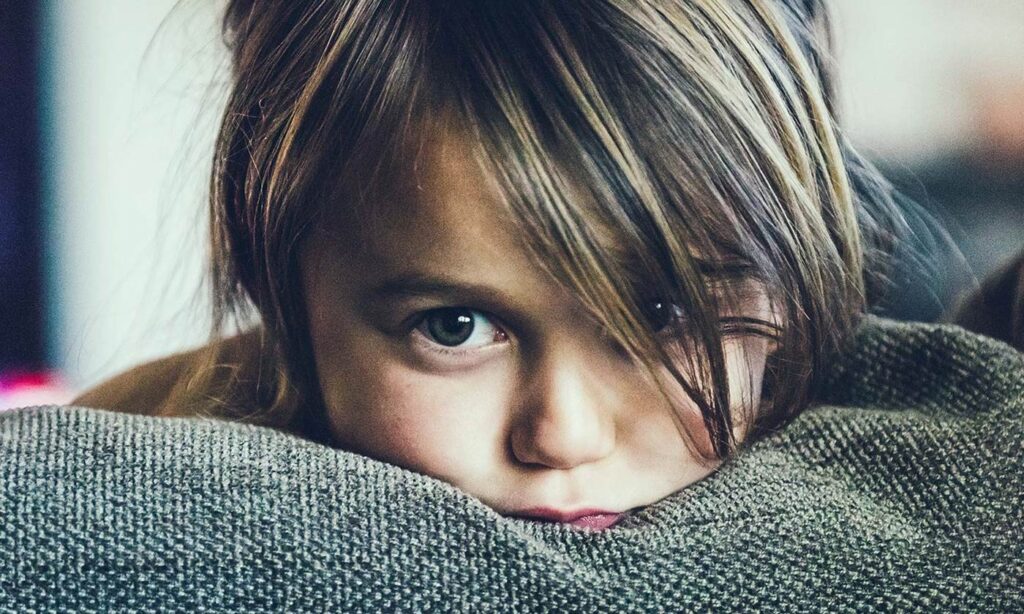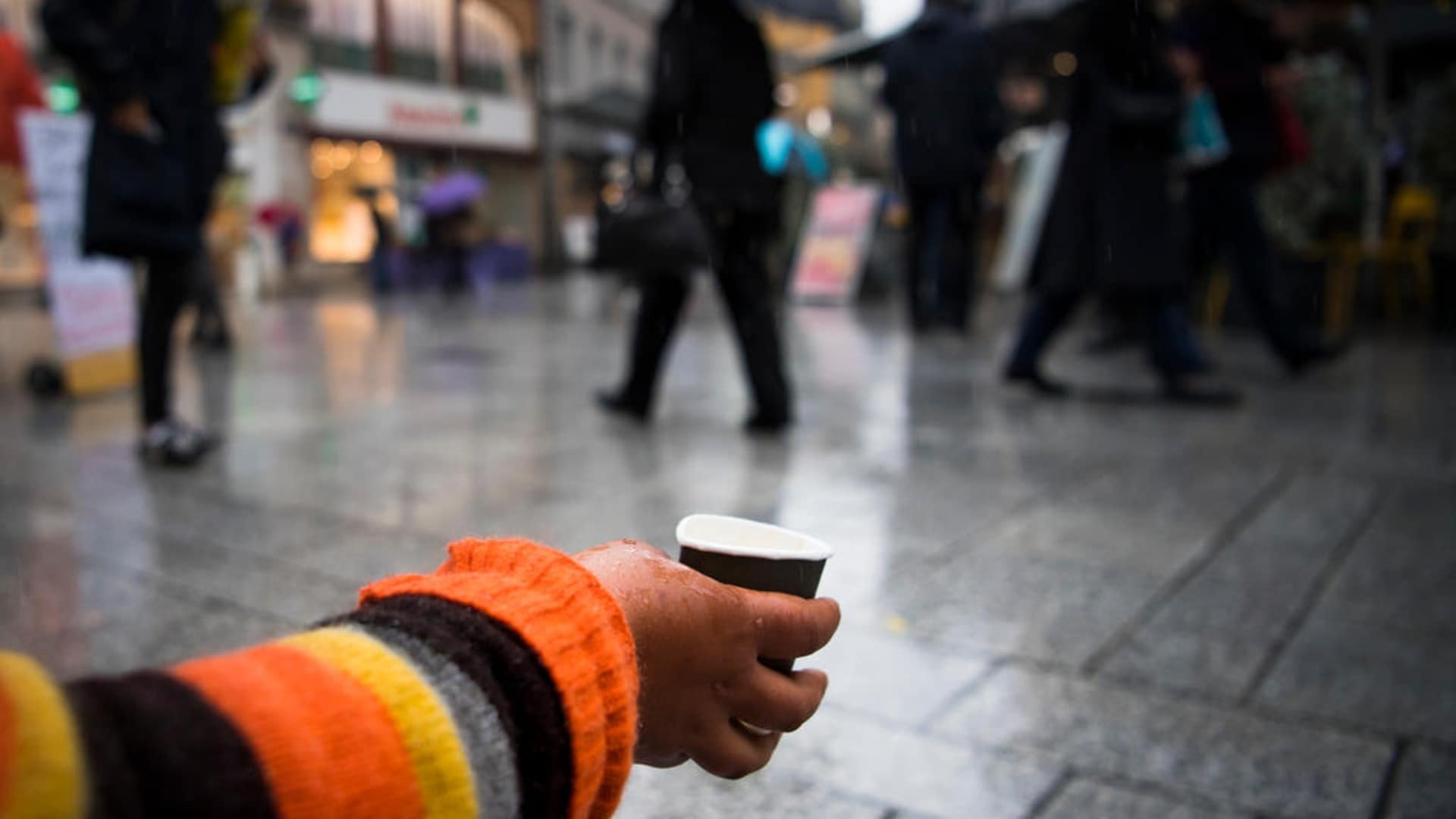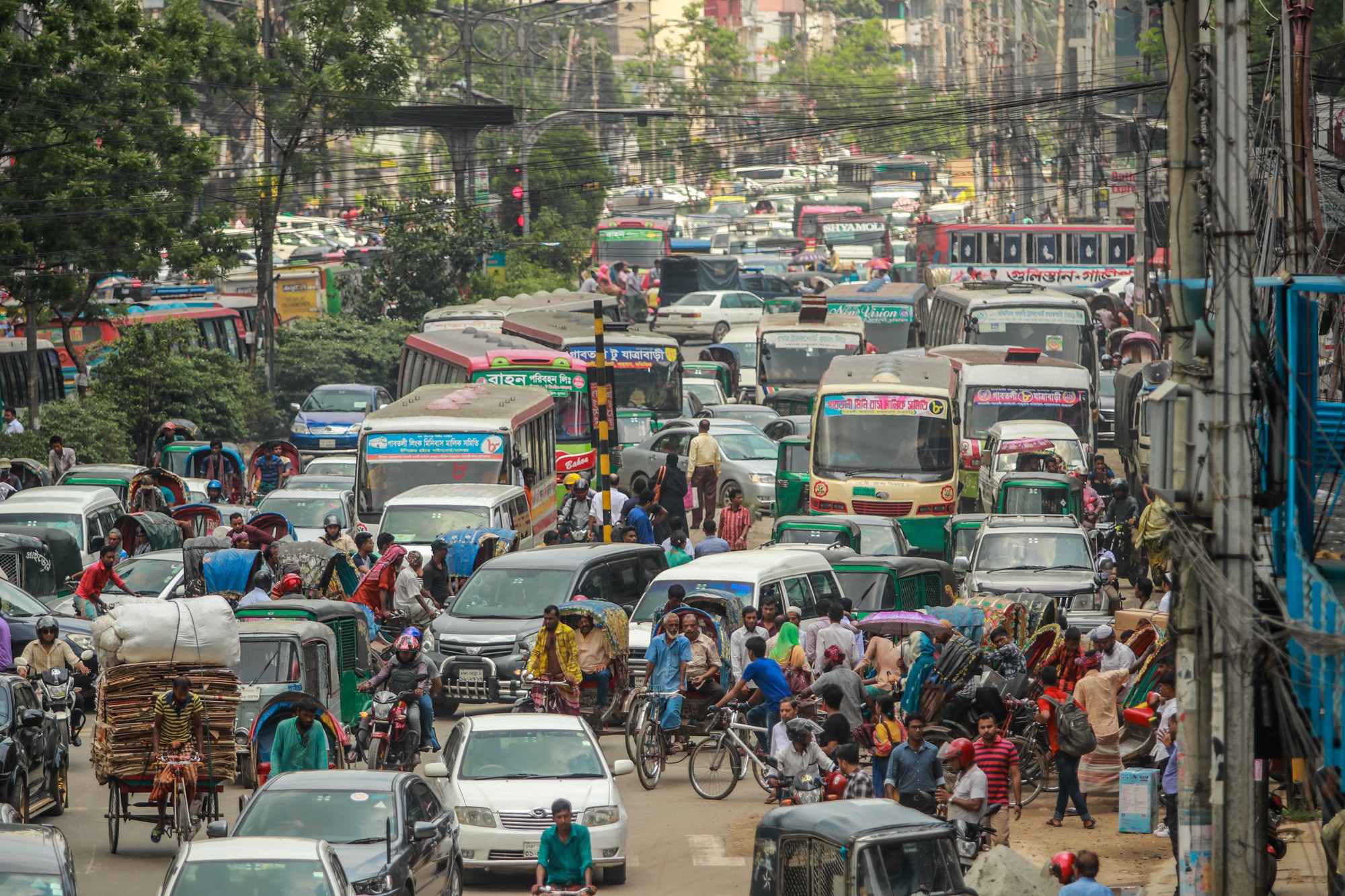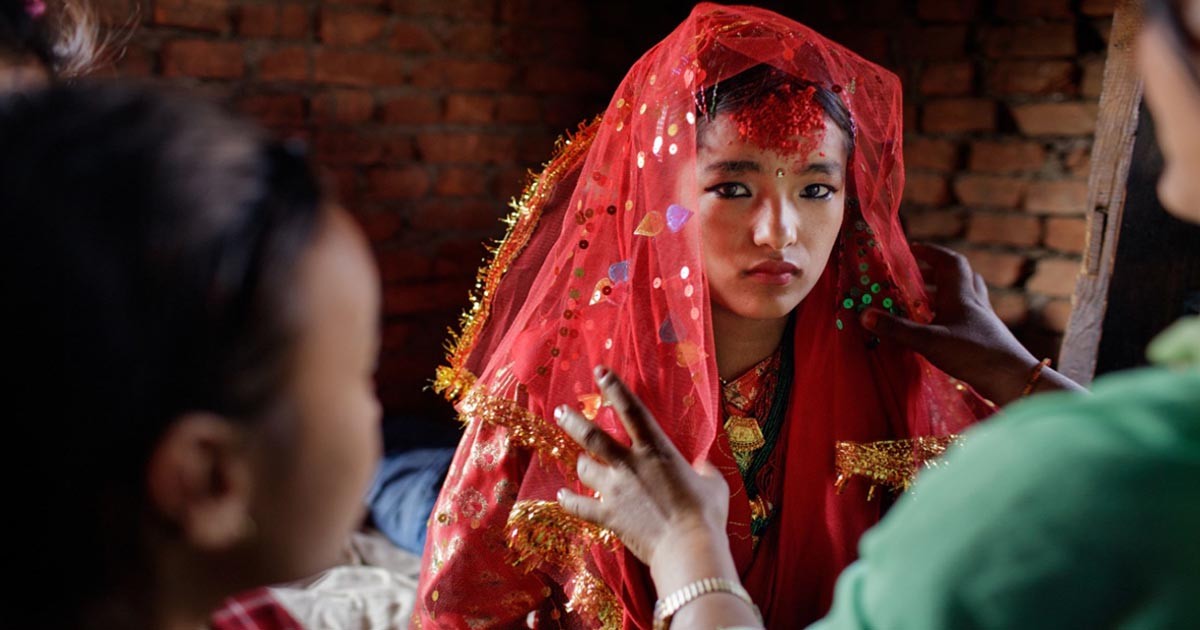Our apathy for invisible child rights

Most of us become parents even without realizing our responsibilities towards our children. Such ignorance (or lack of realization) coupled with hackneyed ideas on parenting prevalent in our society often leads us to a state where we fail to flip the script and argue whether we are protecting and fulfilling all the rights that our children are entitled to get from us. In fact, we often fail to accept that even our children have some rights, let alone defend those.
Well, there is no denying that we violate our children’s rights, both tangible and intangible, in many ways — some of us do it in our senses while others will find this whole issue of denying a child’s rights absurd.
The first thing that we often deny and fail to ensure is a quarrel-free and congenial atmosphere for our children in their early years. In our society we consider quarrelling in a family a very usual affair. Well, parental arguments are normal, but the extent to which the arguments linger makes the difference in a child’s mental well-being.
There’s bound to be squabbles in a relationship and occasional disagreements aren’t a big deal, but we often forget that our child is observing all those fights which is not going to help him/her in any way. Parents often resort to destructive ways of venting out their anger which frustrate their child.
In the book ‘Marital Conflict and Children: An Emotional Security Perspective’, written by renowned developmental psychologists Cummings and Patrick Davies from the University of Rochester, it has been claimed that destructive tactics that parents use with each other such as verbal aggression, insults, threats of abandonment and physical assaults like hitting and pushing create a stressful environment having long-term cognitive impacts for the children. Most of the parents in our country do not take this issue into account. As a result, they keep quarrelling and violating a child’s right to a healthy atmosphere.
Secondly, as we advance in our lives, our priority changes as well. Once-a-family-man turns out to be so obsessed with his career that he forgets to spend time with his children.
This is especially true for the fathers as they happen to be the wage-earners in most of the families in our society thanks to the patriarchal attitude that we have cherished with so much perseverance and enthusiasm over the years.
Well, there is nothing wrong in dreaming for bigger things, but our family and children should never occupy the back seat during our journey of life. To generalize, fathers, in our society, have a tendency to think that only providing money for meeting the basic necessities is the sole responsibility he has towards his family and the children to be particular.
This argument is not so cogent, yet not deniable right in the first glance. There are actually fathers who never or at least feel the necessity to live up to their children’s emotional expectations. Such practice and mentality is a clear violation of a child’s emotional right since he/she deserves a fair share of father’s time as well.
Thirdly, parents in our society are way too pushy as far as valuing their children’s individual choices are concerned. This is especially true in certain instances relating to education and career choices. Very few parents actually let their children pursue their own dreams as they consider their children as extensions of themselves, rather than an individual having independent choices and aspirations.
As a result, they want their children to fulfil the dreams that they themselves have never been able to achieve in their lifetime. Consequently, we see that most of the parents want their children to be either a doctor/an engineer or a public servant owing to the fact that their parents also had same kind of expectation from them. Such kind of authoritarian parenting not only harms a child’s self-esteem but also creates a widening psychological gap between the offspring and the parents.
Fourthly, a good number of parents in our country are reluctant to shoulder their responsibilities towards their children and deny their (offspring) basic rights to food, shelter and education. This point can easily be comprehended if we look at the floating children living on the streets. According to estimates by different NGOs working with street children, there are around 11 lakh street children in our country and many of them live on their own without any family support. Now give it a thought — where are the parents of all these children? Are they facing any music for not performing their duties?
So, what if all these rights are not fulfilled? Is there any impact on the child going through these troubles? Jean Piaget, a Swiss developmental psychologist with international repute, has outlined four stages of intellectual development that a child goes through in his famous theory of cognitive development — sensorimotor stage, preoperational stage, concrete operational stage and formal operational stage.
In all these stages a child learns through schemas (kinds of knowledge that help a child to interpret and understand the world). When a child’s right is denied and exposed to violence, he/she forms that kind of schema and a twisted version of knowledge about the world, relationship and family life gets developed in him/her.
As a consequence, that child grows up with repressed feelings that keep accumulating inside him/her psyche and start clouding his/her views. He/she, in turn, also continues the legacy of bad parenting once he/she ascends to the role of a parent.
(The writer is a columnist.)
Tags :

- Last News
- More Read
- How celebrity endorsement is being used to dupe us 4 years ago
- Begging: The pull and push factors 4 years ago
- 4 reasons to travel around by a cycle 4 years ago
- Sumptuous soup to maintain your health 4 years ago
- Why so many educated youths are unemployed? 4 years ago
- When you are doing a sedentary job 4 years ago
- Unique ideas to decorate your office desk 4 years ago
- Lips: Making it bold & beautiful 4 years ago
- Masks you must have in your closet 4 years ago
- Of Congestion and exasperation 4 years ago
- Dishes to try out this Eid 1935
- Winter hacks: A quick guide 1923
- Makeup Game: Give It An Arabian Twist 1773
- Of Patriotism And Fashion 1755
- Parties: What To Take Into Account 1675
- Desi designers you should have an eye on 1649
- Luscious Cheese Kunafa 1589
- A tour around Bangabandhu Safari Park 1472
- Masks you must have in your closet 1452
- Small Budget, Big Makeover 1435
Copyright ©2019, All Rights Reserved. Development by: webnewsdesign.com












